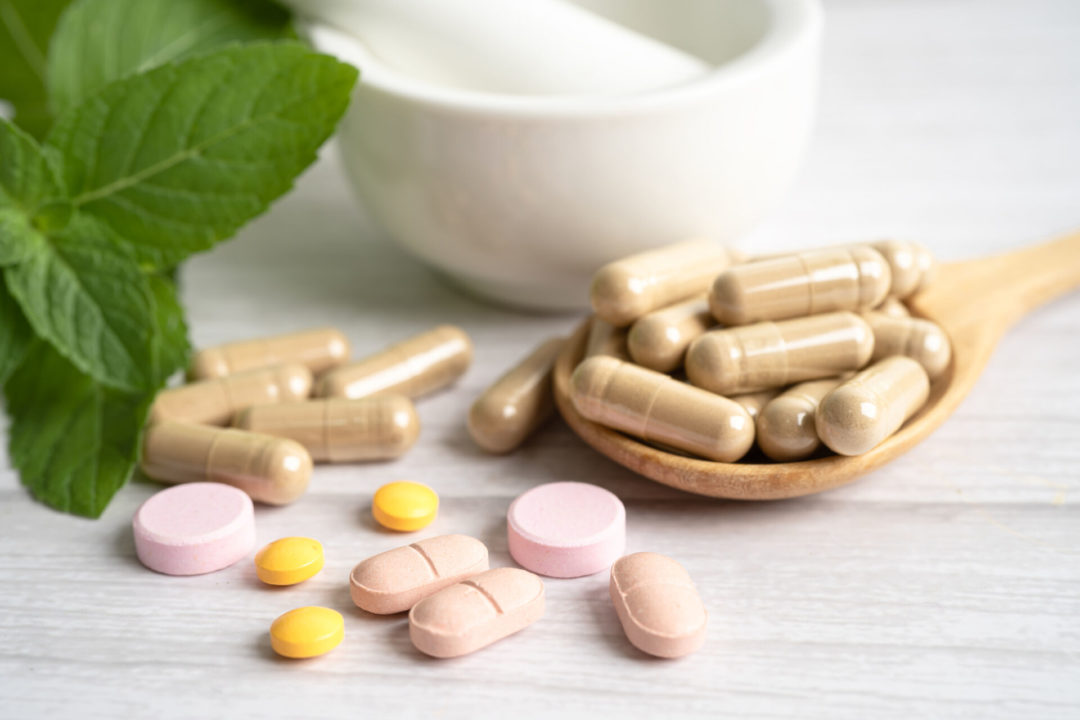TheNatural Products Association(NPA) reports that, in addition to restricting access to dietary supplements, in certain situations the bill would require a prescription to access these health products. Failure to comply with the legislation would result in a fine of up to $750 for each infraction, NPA noted, yet the bill does not address regulating online sales of dietary supplements in New Jersey.
“This is a slap in the face to public health and consumer choice.New Jersey has recognized the importance of these products by exempting them from the state sales tax,” said Kyle Turk, NPA Vice President of Government Affairs, in a press release. “The FDA does not have a single data point that connects eating disorders to supplement use and 80% of Americans take at least one dietary supplement as a safe, effective, and affordable way to maintain good health and augment inadequate diets. Yet, some New Jersey lawmakers do not believe its citizens are capable of making healthy choices for themselves. We are urging New Jersey lawmakers to follow the science and data provided by the FDA and oppose this counterproductive legislation.”
NPA's Turk Testifies to Protect Supplement Access
On November 14, 2022, Turktestifiedat the New Jersey Assembly Health Committee Hearing on A3512. "The truth is, prohibiting the sale of healthy, safe, and legal products to minors will do nothing to promote public health and will do more to undermine it," Turk testified. "One must also consider that this would be the first time in America's history banning a food product for use by a specific category of people. As written, the bill would ban ingredients found in commonly found foods.For example, lipotropics may sound unnatural to some, but it is located in the healthy and recommended foods we want our children to eat. This includes lean cuts of beef, chicken, turkey, bison, dairy, eggs, milk, and even some chocolate as a treat. Creatine, found in red meat, has a long history of safe use and is the most researched dietary supplement, with more than 1,612 clinical trials currently being conducted, which would be prohibited from sale. Branch Chain Amino Acids and Essential Amino Acids, which also have an extensive history of safe use, would be banned."Regarding the steep fines retailers would face, Turk said, "The legislation before the committee today would mandate penalties for selling dietary supplements more severe than if that same retailer were to sell alcohol or tobacco to a child.Under this bill, the penalty for selling nutritional supplements would be $750, while under New Jersey law, the fine for selling alcohol to a minor is $250. So, is selling creatine a more significant safety concern than selling alcohol?"
"Nobody Wins" When Supplement Access is Restricted
Turk also pointed to the broader economic impact the bill would have on New Jersey. In the end, he said, it's a lose-lose. "The proposal under consideration today would place onerous restrictions, most notably on small businesses such as your local pharmacy, convenience, or health food store, by prohibiting the sale of popular products. Restricting access to them is unfair to those who value health and wellness and hurts responsible retailers. Nobody wins."NPA Urges Industry Action
NPA has opposedsimilar legislationin California, New York, Massachusetts, Missouri, and Rhode Island. As it has done in the past, NPA is engaging itsgrassroots networkand urging the industry to join the thousands of New Jerseyans to contact their state legislators to warn them of the consequences of this legislation. Access the action centerhere.Evidence that such grassroots efforts can have an impact can be seen in NPA's efforts to protect access to supplements in California. In September, California Governor Gavin Newsom vetoed Assembly Bill1341. CA bill AB-1341: Dietary supplements for weight loss and over-the-counter diet pills called for restricting access to dietary supplements. Read full coveragehere.










